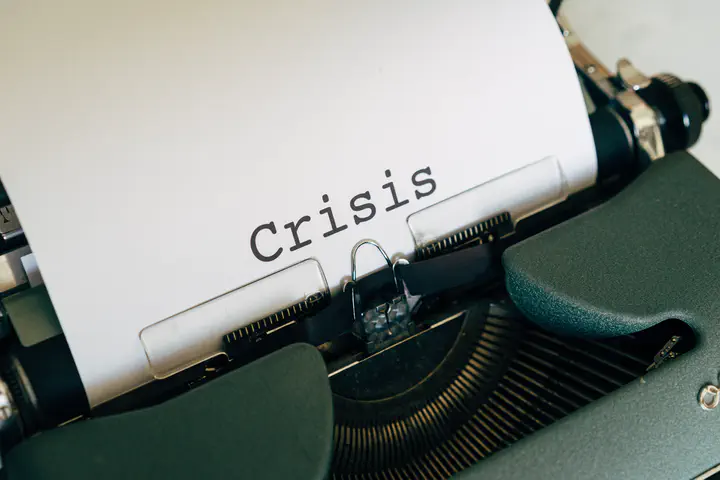Is psychology a crisis-ready discipline?
A meta-commentary on a commentary on a commentary
 Image credit: Photo by Markus Winkler on Unsplash
Image credit: Photo by Markus Winkler on UnsplashIn a recent commentary, IJzerman, Lewis and colleagues argue that psychological science is not yet a crisis-ready discipline. They wrote this commentary in response to another recent commentary by Van Bavel et al. which argued:
“Because the crisis requires large-scale behaviour change and places significant psychological burdens on individuals, insights from the social and behavioural sciences can be used to help align human behaviour with the recommendations of epidemiologists and public health experts.”
IJzerman et al. rightly point out that not all findings from psychological behavioural sciences should be taken as “established truths” because they may lack in external validity (i.e., the extent to which they generalise beyond WEIRD populations of psychology students) and/or statistical validity (i.e., the extent to which they can be replicated). But I think their commentary is weak on two grounds. First, they make sweeping criticisms of all the studies reviewed in the original commentary as unreliable and not generalisable rather than distinguish those that may be from those that probably aren’t. They comment:
“At the very least, before providing practical recommendations to people making life-or-death decisions, we should do the necessary meta-scientific work needed to assess evidence quality and to responsibly communicate if this ‘behavioural insight’ meets TRL1.”
Yet, there are areas where we already have a great deal of meta-scientific knowledge. Take the literature on “fear appeal”, for example. A recent meta-analysis in Psychological Bulletin (one of the leading journal in Psychology) showed that fear appeal effects do generalise to field settings. So, we should be careful in the evidence we use to warrant claims about human behaviours, and social scientists have a responsibility to advise policy-makers on the quality of the evidence as well as its potential usefulness. However, it is simply not true that there is no evidence we can trust to inform thinking on policy-making related to COVID-19 coming from psychological sciences.
Second, IJzerman et al.’s commentary does not discuss what other disciplines may be in a better position to advise policy-makers when attempting to understand human behaviour. All social science disciplines have their strengths and their weaknesses. The use of paramorphic mathematical models to explain and predict human behaviours or other unpredictable variables (e.g., the spread of a virus) is only as good as the mathematical assumptions and parameter values inputted in the models. This is blatant when you examine the wide ranges of forecasts, from the most optimistic to the most pessimistic currently available as well as the discussion of issues around the quality of the data available (e.g., the actual number of COVID-19 cases or deaths) to “feed into” these models. Sociological studies can provide insights on the phenomenology of behaviour that escape psychological scientists and (behavioural) economists, alike but those deep insights cannot, in and by themselves, be taken as generalisable knowledge. Even AI machine learning has its limitations (I highly recommend this book if you want to learn more on this topic).
I don’t think any of the social science disciplines can possibly claim to be in a better position to advise on what the “best” course of action in the current situation and finger-pointing one discipline is counterproductive. Taken together, however, I strongly believe that insights from all the social and behavioural sciences, combined with a critical understanding of their respective strengths and limitations, can be of value to policy-makers. It’s up to us, as a scientific community to build policy-makers’ trust in our work and provide them with the advice we know to be most valid and reliable.
References
Bavel, J.J.V., Baicker, K., Boggio, P.S. et al. Using social and behavioural science to support COVID-19 pandemic response. Nat Hum Behav (2020). https://doi.org/10.1038/s41562-020-0884-z
IJzerman, H., Lewis, N. A., Jr., Weinstein, N., DeBruine, L. M., Ritchie, S. J., Vazire, S., … Przybylski, A. K. (2020, April 27). Psychological Science is Not Yet a Crisis-Ready Discipline. https://doi.org/10.31234/osf.io/whds4
Tannenbaum, M. B., Hepler, J., Zimmerman, R. S., Saul, L., Jacobs, S., Wilson, K., & Albarracín, D. (2015). Appealing to fear: A meta-analysis of fear appeal effectiveness and theories. Psychological Bulletin, 141(6), 1178–1204. https://doi.org/10.1037/a0039729